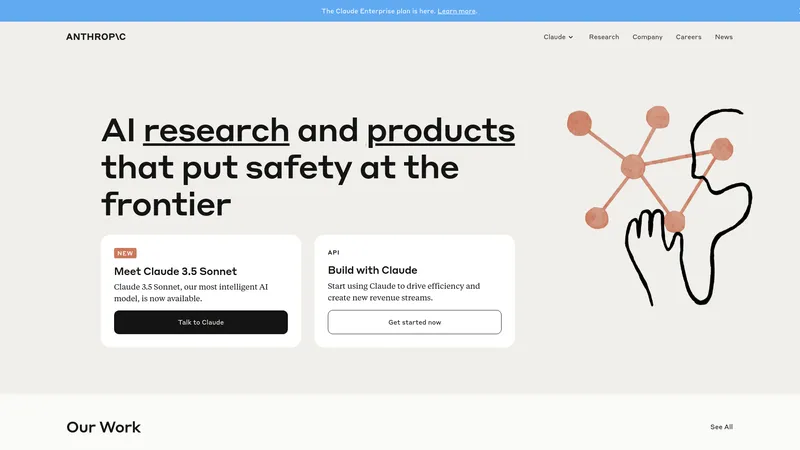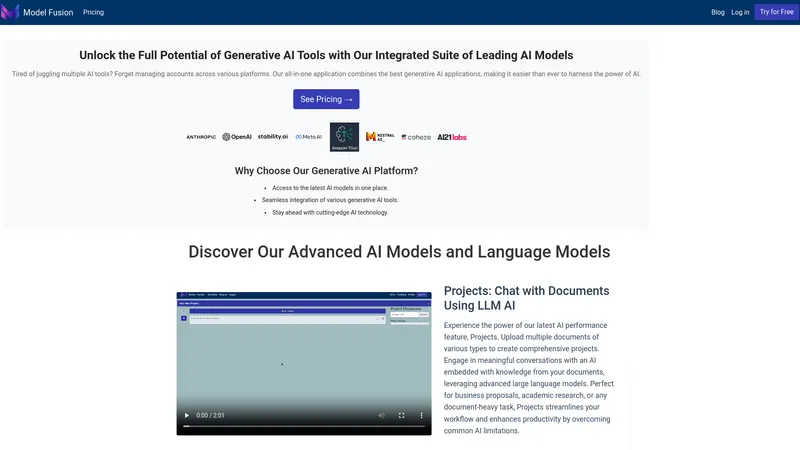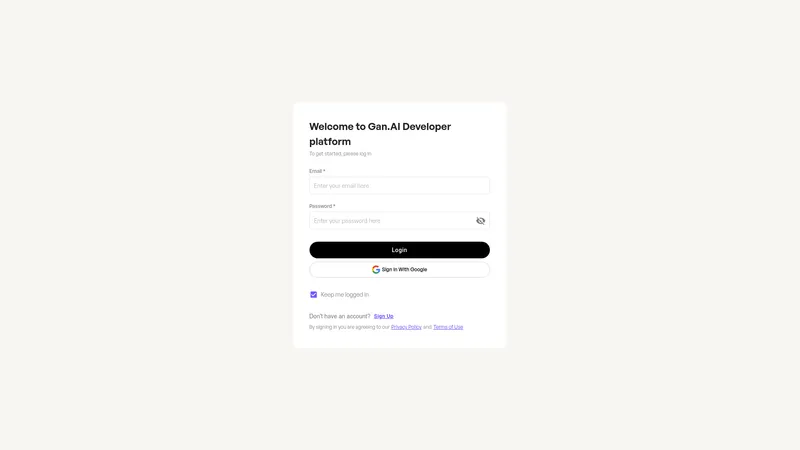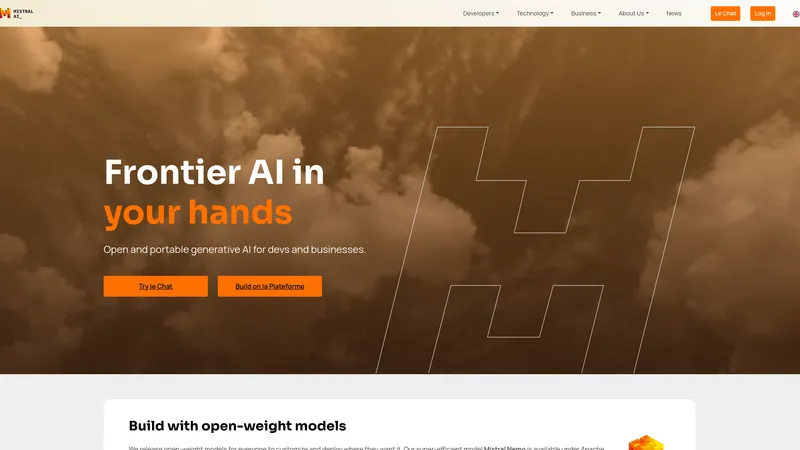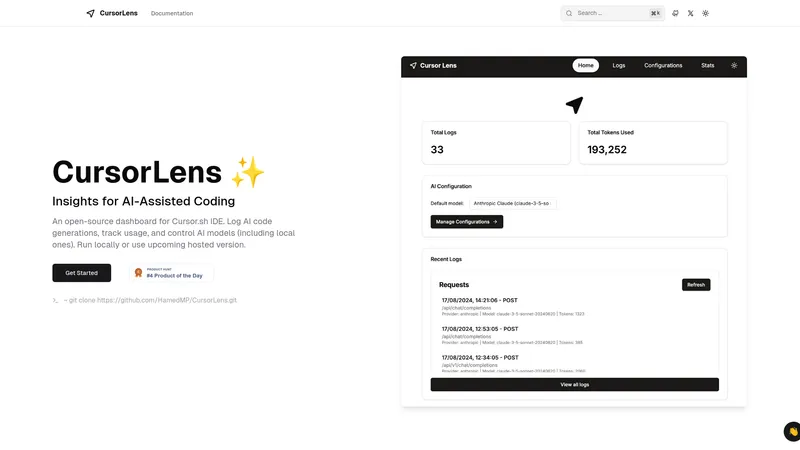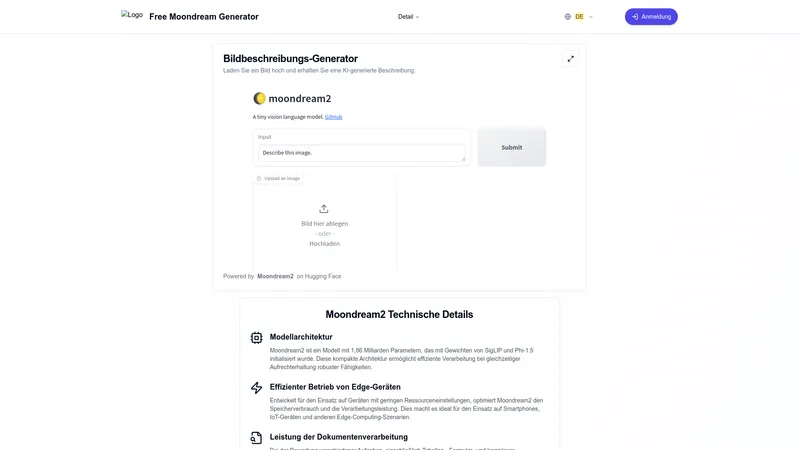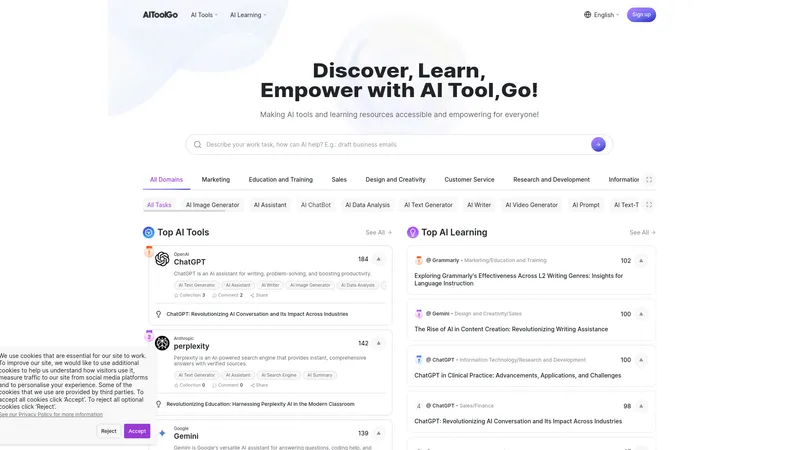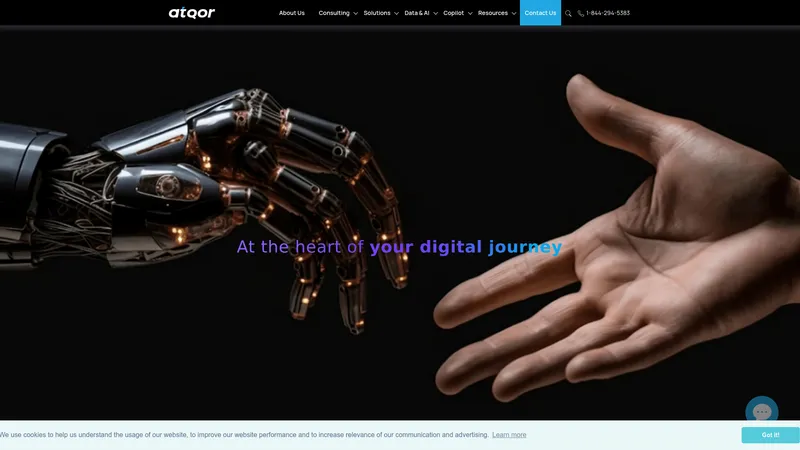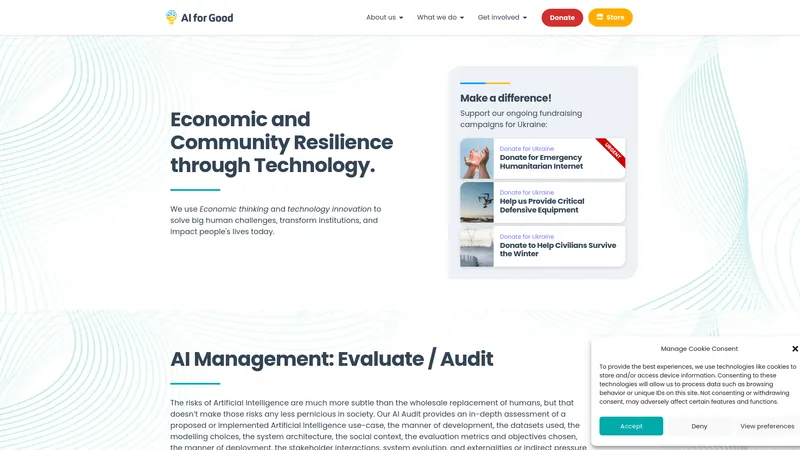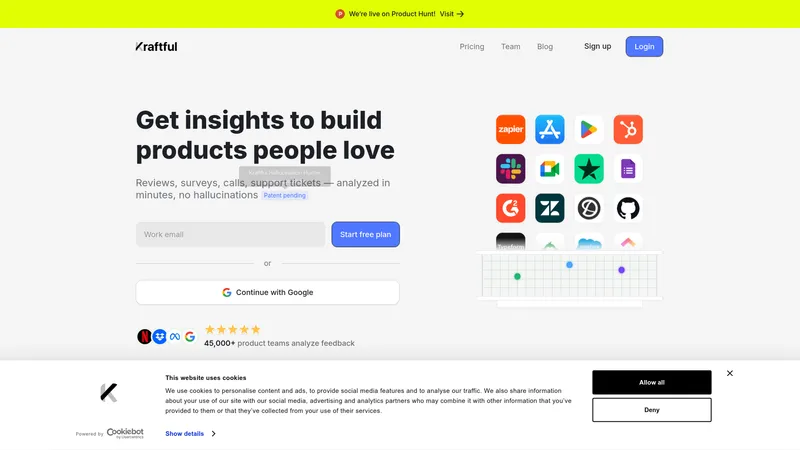Bethge Lab
2024-07-21
Bethge Lab at the University of Tübingen focuses on Neuro AI intertwining AI and computational neuroscience. Pregnant with innovation, their research aims to pioneer machine learning models for autonomous and effective learning, impacting both technology and education.
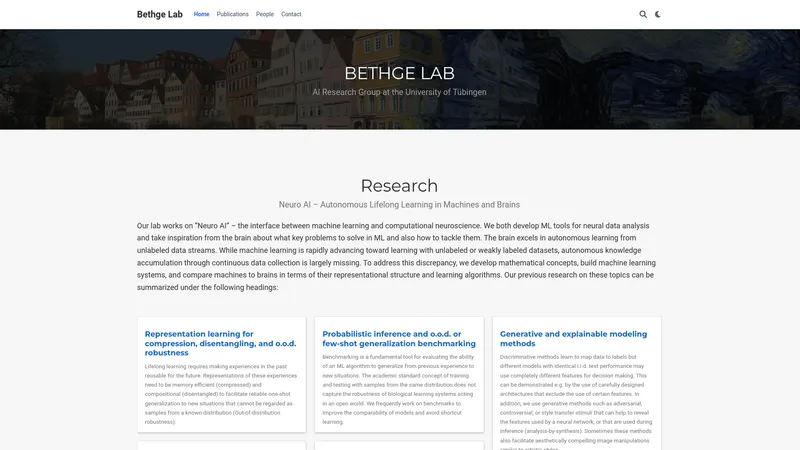
Catégories
Assistant éducatif IAOutils de développement AI
Utilisateurs de cet outil
Academics and Researchers in AIStudents pursuing a career in neuroscience and machine learningStartups seeking to integrate advanced AI technologiesProfessionals working in data science and analyticsEducational institutions involved in AI and computer science education
Bethge Lab Introduction
The Bethge Lab, situated at the University of Tübingen, is a prominent AI research group focused on Neuro AI which merges machine learning with computational neuroscience. The lab's primary objective is to innovate in areas that allow machines to learn autonomously from vast streams of unlabeled data, paralleling the human brain's ability for lifelong learning. The lab's multifaceted research agenda includes representation learning, probabilistic inference, generative modeling, and behavioral data analysis among other themes. By developing robust mathematical concepts and machine learning systems, the team applies a research philosophy that not only focuses on advancing machine learning techniques but also draws substantial insights from biological brain functions. This dual strategy not only contributes to better machine learning algorithms but also enhances our understanding of neural processes. The Bethge Lab also prioritizes the societal impact of their work, actively engaging in initiatives that promote AI education and innovation through partnerships with various organizations and startups, thus situating itself as a bridge between theoretical research and real-world applications.
Bethge Lab Fonctionnalités principales
- Research advancements in Neuro AI
- Machine learning tools for neural data analysis
- Approaches to lifelong learning and autonomous knowledge accumulation
- Generative modeling for understanding neural data
- Behavioral data analysis methodologies
Bethge Lab Cas d'utilisation
- A researcher in AI uses the lab's publications and tools to develop machine learning models for analyzing neural data, aimed at improving understanding of visual perception.
- A student exploring careers in computational neuroscience leverages materials and information from Bethge Lab to enhance their thesis on AI-based learning techniques.
- An entrepreneurial startup looks to partner with Bethge Lab for insights and technology spin-offs, aiming to create a new AI product aimed at educational technology.
- A data science professional accesses behavior modeling tools developed by the lab to implement them in analyzing consumer behavior patterns in their company.
- An educational institution collaborates on AI competitions, drawing inspiration from the lab's initiatives to foster an interest in AI among students.
